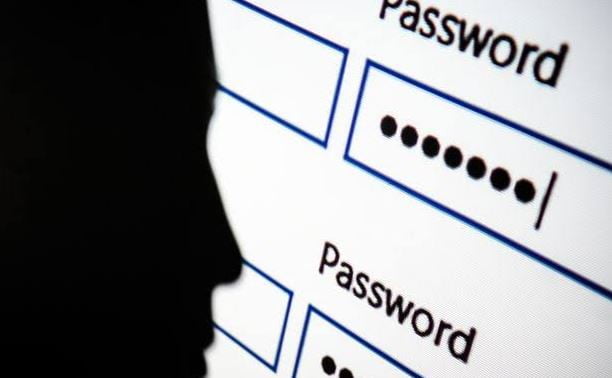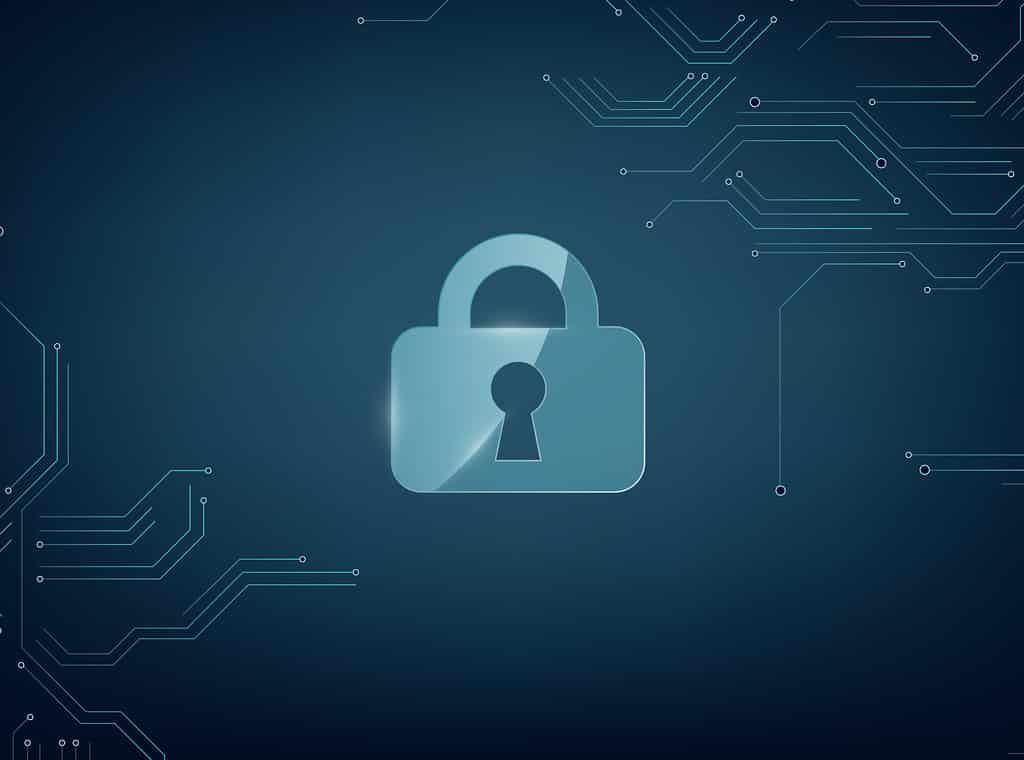These days, people are turning to blogs to write about their hobbies, skills, and other topics. It is a great mode of self-expression, but it also poses many threats due to the nature of a blog. Many different types of cyberattacks can harm the blog’s content and help hackers get access to private data.
Here are a few easy ways to ensure the security and privacy of your blogs:
Table of Contents
Create strong passwords and usernames
This is something that users are always warned about, but somehow hackers seem to infiltrate passwords and usernames anyway. When creating usernames and passwords, remember that it must contain complex characters. “Password123” might be convenient, but it is very easy to decipher.
Also, stay away from names, birthdays, and anniversaries when creating a password. A password should include a special character, a capital letter, a number, and at least ten letters. The name John Smith, for example, can be written as “j0hnSm!th”. It is not very difficult to remember, but it is complex enough for protection. Don’t forget that the password and the username should be changed frequently.
Only install secure plugins
A lot of plugins can become an easy gateway for hackers if they are not secure. Installing plugins means that there is access to core files found in the blog. That is why you should always pay a lot of attention to what you are installing to avoid unnecessary issues.
WordPress, for example, will feature plugins that are safe to use on the platform. Be sure to take note of the rating and the number of downloads before you install anything. Choosing the most popular plugin is probably the safest option. Various reviews will also give a clear indication of the safety of the plugin. Read about the plugins, take your time, and find what fits your needs the best.
Don’t forget your security plugins
On the topic of plugins, the most important type of plugin that should be installed is a security plugin. This works in conjunction with other best practices when it comes to protecting your data.
When using WordPress, one of the best plugins to install is Wordfence. It scans comments for phishing and limits the number of login attempts. Also, if new themes are downloaded, the plugin performs scans before using them on the blog to ensure your and your blog’s safety.
Also, when it comes to cybersecurity, one of the best options would be to use a VPN. These days blogs are especially vulnerable, so Cyber Monday subscription deals could be really beneficial. A VPN creates a secure connection for you to access your blog whenever you need to and ensures that hackers don’t get access to your data. This is a great way to add an additional layer of cybersecurity to your blog.
Update the blog to the latest version
Some blogs have multiple updates that are released now and then. Ensure that the blog is updated to its most recent version. When using older versions, hackers can easily find security holes and problems where they can weasel their way into the system.
The hosts also do not offer as much support to older versions. There are many benefits to upgrading, which is why it needs to happen immediately after a new version is released.
Back-up the website
Backing up the website is vital for the preservation of your information. If a hacker or a virus does infiltrate the blog, the biggest problem is that everything might disappear with no chance of retrieving it. By creating regular backups, the data stay intact, and it is easy to restore it once the website is up and running again. It is a safety precaution that most bloggers should take to avoid disappointment.
Do not share login details with anyone else
The login details of a blog should remain private and secure at all times. Only the user should have access to the information on the blog. If the blog consists of two users, ensure that there is mutual trust and that the login details will not be distributed without the other person’s consent. Also, it could be beneficial to use a different device to save passwords. It becomes too easy for hackers to find login details if it is saved on the same device.
These cybersecurity practices should always be used when writing or updating a blog. Even if it is a small project, ensure that you are aware of the best ways to keep your blog safe and protected from hackers.


